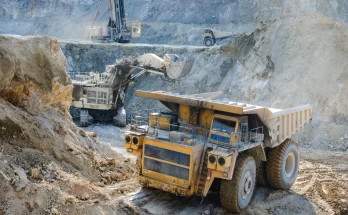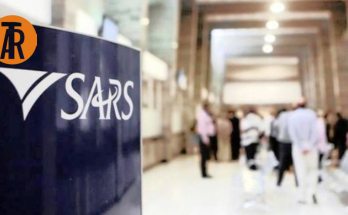Zimbabwean Lithium Miners Call for Tax Holiday. Mining companies operating in Zimbabwe’s lithium sector have appealed to the government for a temporary suspension of the 5% export tax on lithium concentrate.
The call for deferment is being led by the Zimbabwe Lithium Exporters (ZLE), a coalition that includes major players like Chengxin Lithium Group.
According to a proposal submitted to the Ministries of Mines and Finance, the group is requesting that the levy be postponed until 2027, when domestic refining facilities are expected to be fully operational.
Export Tax Deemed Premature Amid Infrastructure Delays
The 5% tax, introduced to discourage the export of raw or “unbeneficiated” lithium, aims to promote local value addition.
However, industry stakeholders argue that Zimbabwe’s refining infrastructure is not yet ready to meet the policy’s demands. The ZLE asserts that the enforcement of the tax at this stage may hamper growth and limit the sector’s potential to contribute meaningfully to national revenue.
Zimbabwe’s Rise as a Lithium Powerhouse
Zimbabwe has rapidly become a significant global source of lithium concentrate, particularly for Chinese refiners.
Estimates suggest the country supplied around 14% of China’s lithium imports last year, with billions of dollars invested by firms such as Zhejiang Huayou Cobalt Co. and Sinomine Resource Group.
These investments reflect the country’s potential, but the exporters maintain that supportive fiscal policies are needed during this transitional phase to maximize future beneficiation and revenue
Zimbabwean Lithium Miners Call for Tax Holiday: Royalty Calculations Under Scrutiny
In addition to the export levy concerns, the ZLE is also contesting the methodology used to calculate royalties.
The group claims that the current formula is based on the price of lithium carbonate — a processed product — rather than the lower-value lithium concentrate that is actually being exported.
This, they argue, results in inflated royalty obligations that do not reflect the true market value of their output.
Chamber of Mines Engages Government
The Chamber of Mines, which represents the broader mining sector, has reportedly initiated discussions with the Finance Ministry.
A spokesperson confirmed that a meeting was held on May 19 to deliberate on the tax and royalty concerns raised by lithium exporters.
However, no official decisions or public statements have been made by the Mines or Finance Ministries regarding the proposals.
Balancing Immediate Revenue and Long-Term Gains
Tax analysts observing the developments suggest that the Zimbabwean government faces a critical policy crossroads.
On one hand, the state seeks to encourage in-country value addition; on the other, it must ensure that the current investment environment remains attractive and that tax revenues are not unnecessarily stifled.
If approved, the deferment could represent a strategic compromise — allowing lithium exporters breathing room to build beneficiation plants, while setting the stage for greater tax and economic benefits post-2027.




